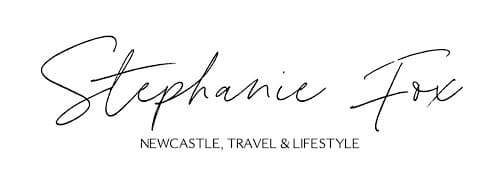
Choosing the Right Dog Breed for You
With dog ownership on the rise in the UK, many first-time owners are seeking the perfect canine companion to suit their lifestyle. Dog ownership has grown considerably since the pandemic. Almost one-in-three UK households now has a canine companion.
Disclaimer: This post is a collaboration
Whether you’re motivated by the need for an exercise buddy, a loyal protector, or a family-friendly pet, this guide will help you make an informed decision.
Assessing Your Lifestyle
Understanding your daily routine, activity level, and living situation is crucial when selecting a dog breed. Each breed has unique needs and characteristics that can significantly impact their happiness and wellbeing in your home.
Breeds such as Border Collies and Siberian Huskies thrive with plenty of exercise and mental stimulation, making them ideal for active individuals. Conversely, Bulldogs and Basset Hounds are more suited to a relaxed lifestyle with less vigorous activity.
If you have a busy work schedule, independent breeds like the Shiba Inu, which cope better with being alone, might be a more suitable choice. Dogs with high social needs, like Labradors, require more human interaction and may not be ideal for those with long working hours.
Understanding Temperament and Personality
Different dogs exhibit distinct temperaments and personality traits. Choosing one that matches your expectations and lifestyle is key to a successful partnership.
• Family-Friendly: Golden Retrievers and Labradors are renowned for their gentle, patient nature, making them excellent choices for families with children.
• Protection: Breeds such as German Shepherds and Rottweilers are known for their protective instincts, offering both loyalty and security.
• Companionship: Breeds like the Cavalier King Charles Spaniel and Bichon Frise are affectionate and thrive on close human companionship, perfect for those seeking a loving pet.
Grooming and Maintenance
Grooming needs and potential health issues vary widely between breeds. Those with long hair, like the Shih Tzu, require regular grooming and maintenance. Short-haired breeds, such as Beagles, are lower maintenance in terms of grooming, but will likely still shed hairs.
Research common health issues associated with the breeds you are considering. For instance, Bulldogs often face respiratory problems, while larger breeds like Labradors can be prone to hip dysplasia.
The Additional Costs of Dog Ownership
Owning a dog involves more than just the initial purchase or adoption fee. Being prepared for the ongoing costs is crucial for responsible pet ownership.
• Veterinary Care: Routine check-ups, vaccinations, and potential emergency care can add up. It’s essential to budget for these expenses.
• Food and Supplies: Quality dog food, toys, bedding, and other essentials are recurring costs that should be factored into your budget.
• Insurance: Pet insurance can help mitigate the cost of unexpected vet bills. Research different plans to find one that suits your budget and covers your breed’s specific health risks.
• Training and Boarding: Professional training can be beneficial, especially for first-time owners. Additionally, consider boarding costs if you travel frequently.
Commitment and Long-Term Planning
Bringing a dog into your home is a long-term commitment. It’s essential to consider how a dog will fit into your life now and in the future.
Dogs can live for 10-15 years or more, depending on the breed. Ensure you’re ready for this long-term responsibility.Consider how major life changes, such as moving or having children, might affect your ability to care for a dog.
Early training and socialisation are critical for a well-behaved dog. Be prepared to invest time and effort in training your new pet.
